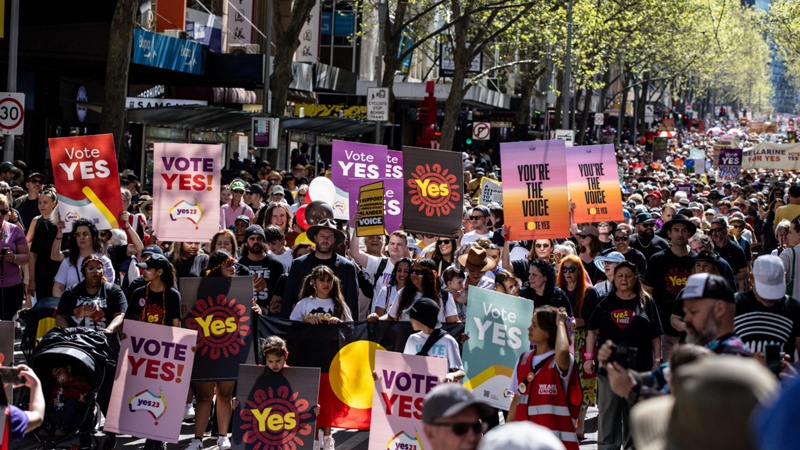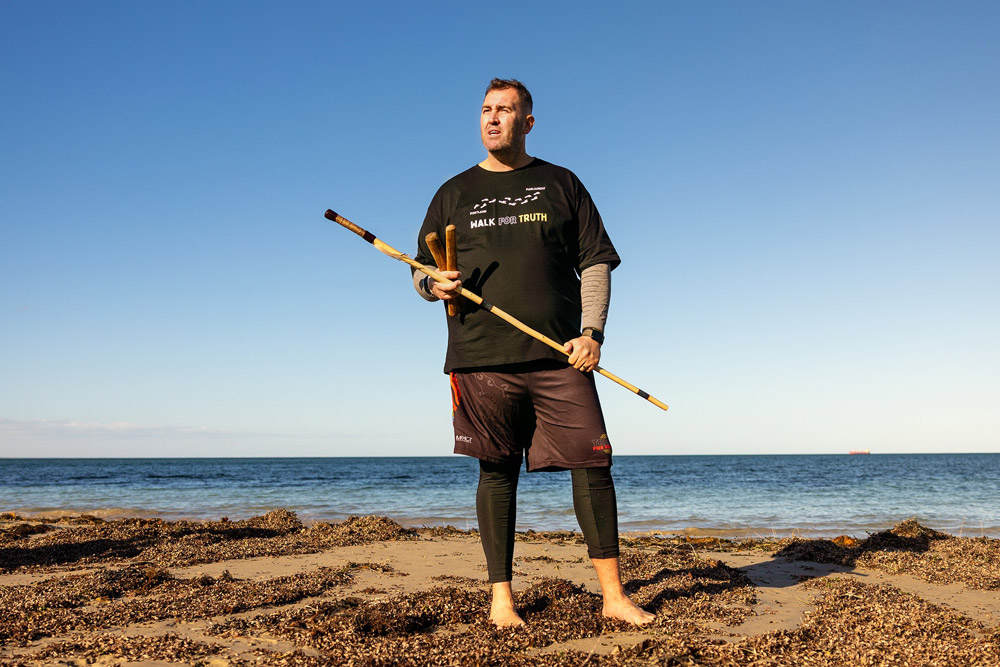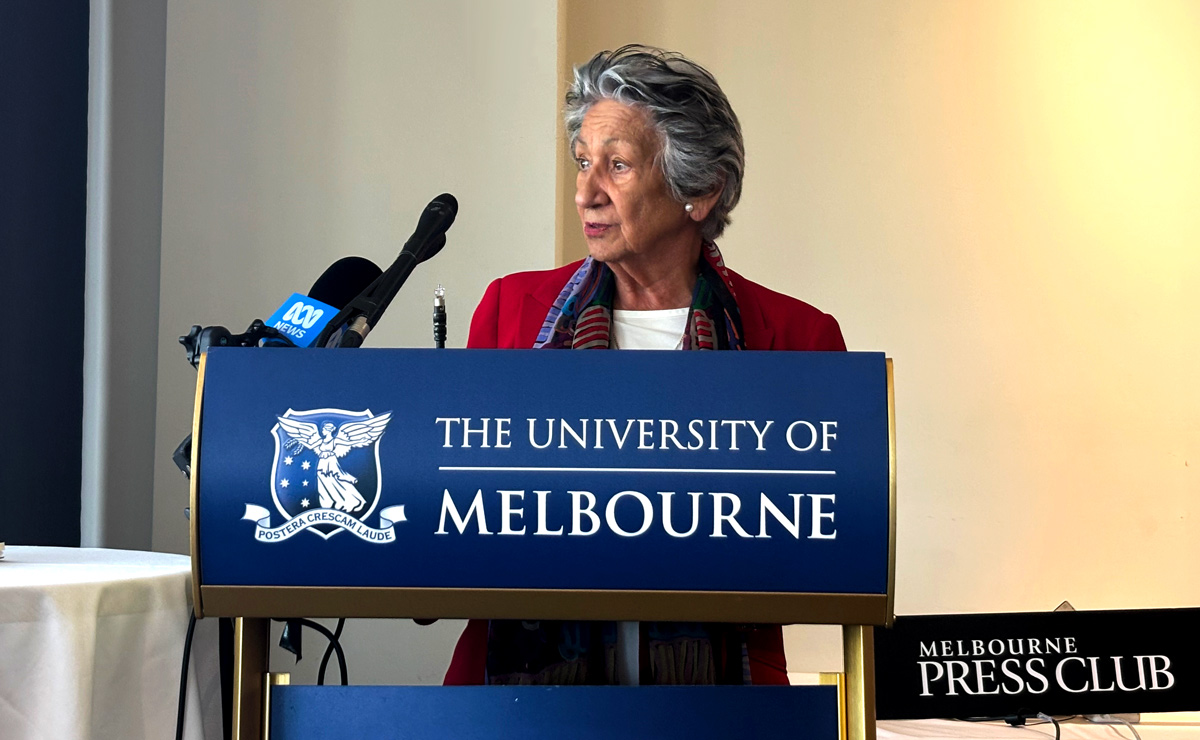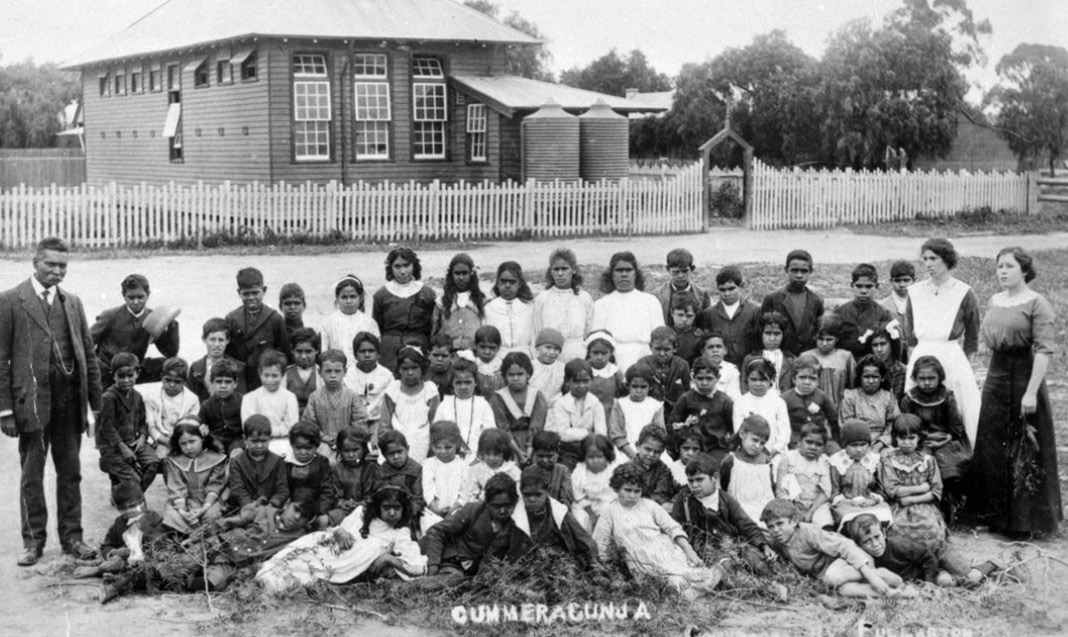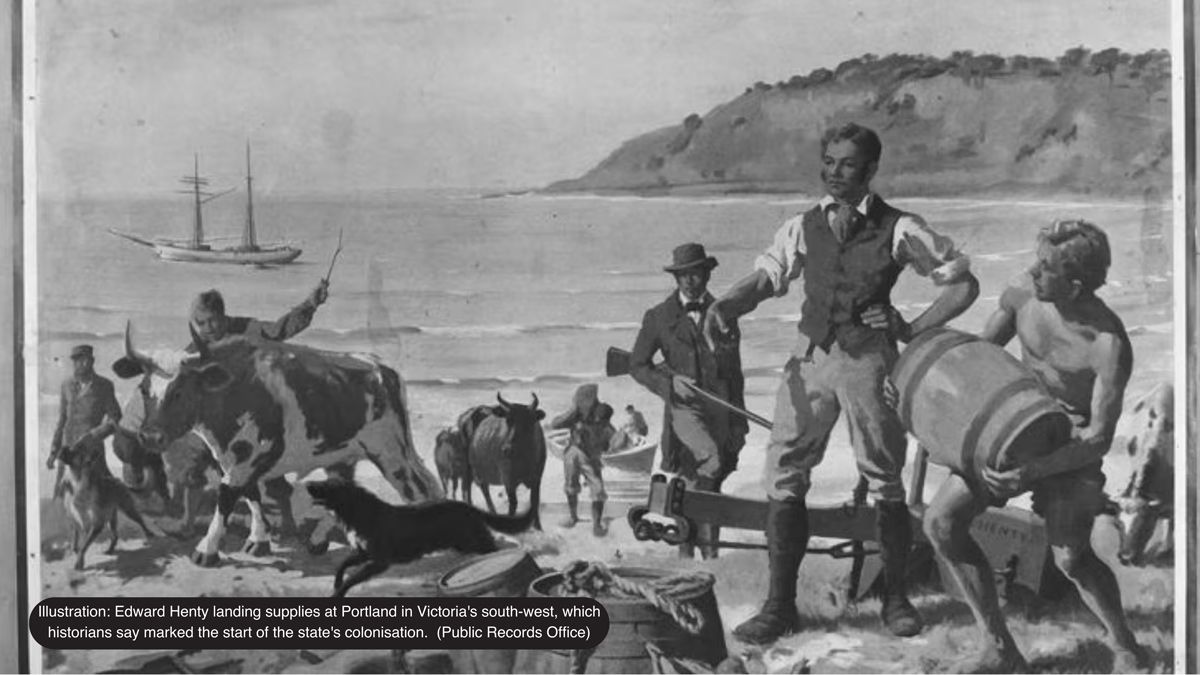
The date of 19 November 2024 marked the 190th anniversary of Edward Henty’s arrival on Gunditjmara Country in 1834, an event that began a legacy of dispossession, violence and systemic injustice against First Peoples, which continues to reverberate today.
Portland was established and while the Henty family started developing the region’s wool trade, First Peoples faced violence, land theft and the deliberate suppression of culture and language.
In the 1860s, as the new colony of Victoria boomed following the discovery of gold, First Peoples were moved onto missions and reserves, where their lives were tightly controlled. So-called ‘protection’ laws took away their basic human rights.
The 1886 amendment to the Aboriginal Protection Act, known as the ‘Half-Caste Act,’ was one of these laws that further marginalised First Peoples and continues to have lasting effects on communities today.
It forced First Peoples of ‘mixed heritage’ off the reserves, to assimilate into a society in which they faced racism and discrimination. It also gave colonial authorities the power to remove First Peoples children from their families, which played a key role in the start of the Stolen Generations.

The damage caused by colonial policies still persists. In Victoria today, First Peoples are disproportionately affected by systemic injustice such as child removal, homelessness, incarceration and poor health outcomes.
First Nations children, for example, are 22 times more likely to be placed in out-of-home care than their non-First Nations peers. Additionally, First Peoples are 10 times more likely to use homelessness services, and 15 times more likely to end up in prison, and more likely to be denied bail, to experience racism and to face bullying.
“This isn’t failure. The colonial system is working exactly as designed – perpetuating disadvantage to maintain power.”
– Yoorrook Commissioner Sue-Anne Hunter

The Henty legacy and its ongoing impact
The Henty family’s legacy in Portland continues to shape the experience of First Peoples today. The Age (Benjamin Preiss, 19 November 2024) reported how Gunditjmara and Yorta Yorta woman Keicha Day, who often drives down the Henty Highway to visit her mother, is constantly reminded of the past and ongoing injustices of her people because of the dominance of Henty’s name in the region.
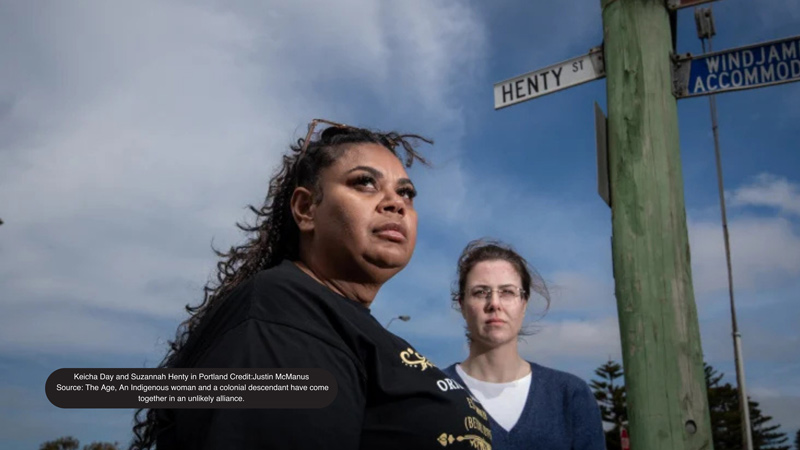
“When you come into Portland, you will see [Henty] monuments. You’ll see streets dedicated to the Hentys, but when you look in the landscape, you won’t see Gunditjmara people. It won’t be obvious.” (Source: The Age)
This absence speaks volumes about the ongoing marginalisation of First Peoples history and culture in the region.
Giving evidence to Yoorrook Justice Commission in 2024, Edward Henty’s descendant Suzannah Henty condemned the atrocities committed on the land her family once owned, calling for decolonisation and the destruction of Henty monuments and renaming streets.
The Age reported that Keicha Day does not want them destroyed but rather have them placed in a dedicated space to educate visitors on the region’s traumatic history.
In joining forces, Keicha Day and Suzannah Henty want to reshape the landscape of Portland, to honour First Peoples and acknowledge the historical and ongoing injustice endured.
“I truly believe that the ancestors brought us together – where we’re supposed to be here at the right time”
(Source: The Age)
Together, they are working to create a future where the legacy of colonisation can be confronted and healing can begin.
Truth-telling as a path toward healing
As we reflect on the 190th anniversary of Henty’s landing, it’s clear that truth-telling, acknowledgment of the impact of colonisation, and creating spaces where First Peoples can heal is urgent.
The efforts of individuals like Keicha Day and Suzannah Henty are critical examples of how confronting uncomfortable truths can lead to meaningful change.
“We would get a life that is richer. We would get a history that we can own, and we would get healing”
(Source: The Age)
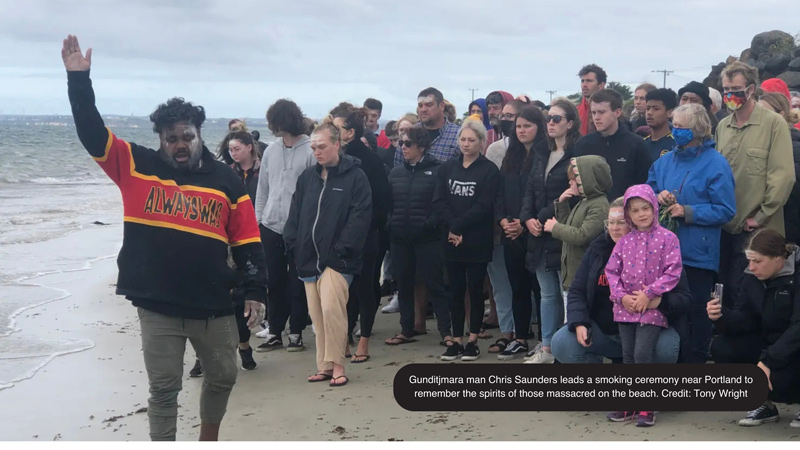
It is essential that all Victorians reflect on the impacts of colonisation and actively engage in the process of truth-telling. It is not just about remembering history, but about ensuring that the future is shaped by understanding and reconciliation.
Truth-telling has never been more important than now.
There are 2 days left to make a submission to Yoorrook. Make sure to complete your submission before the closing date on November 22.
Together, we can shape a future that honours the truth and builds a foundation for healing.
